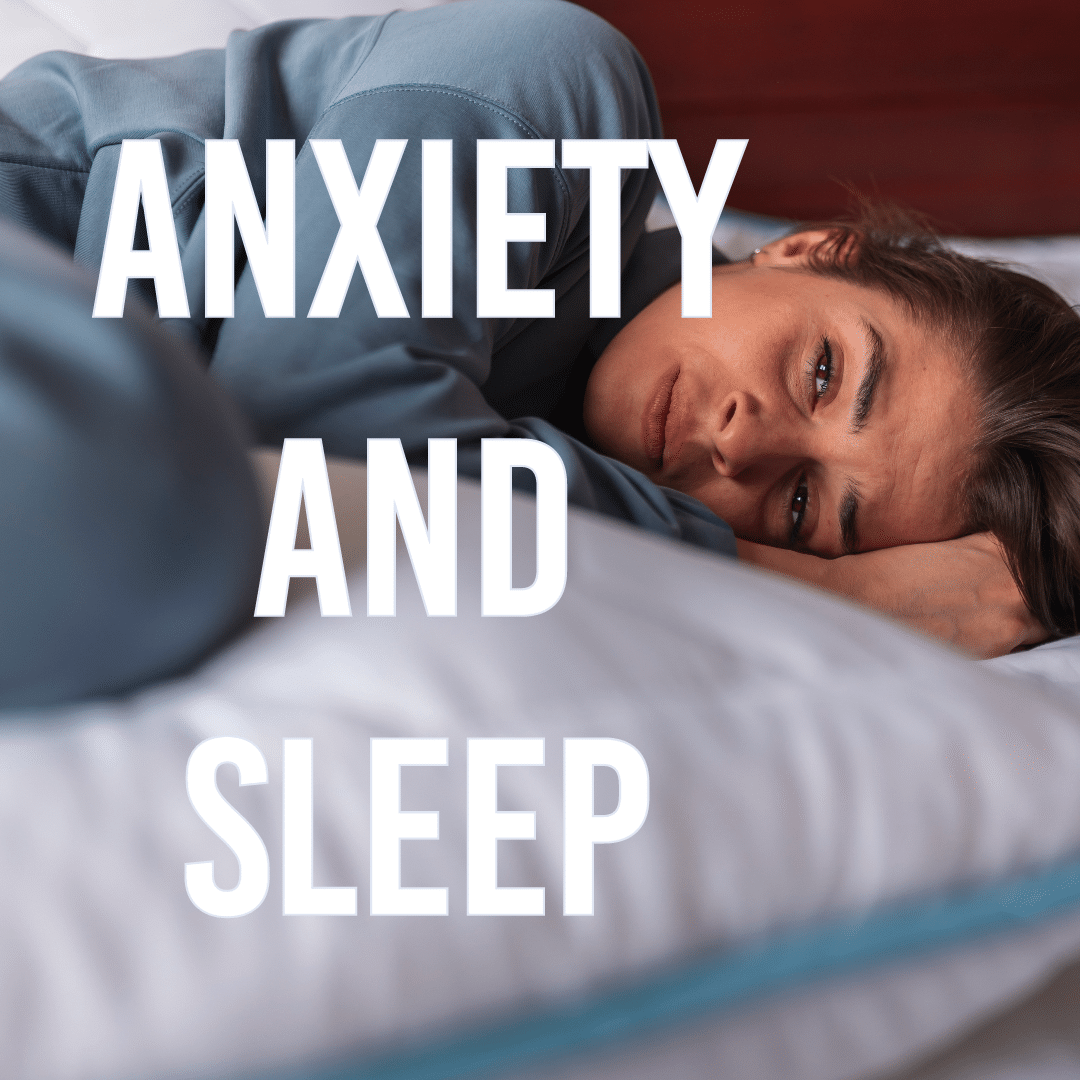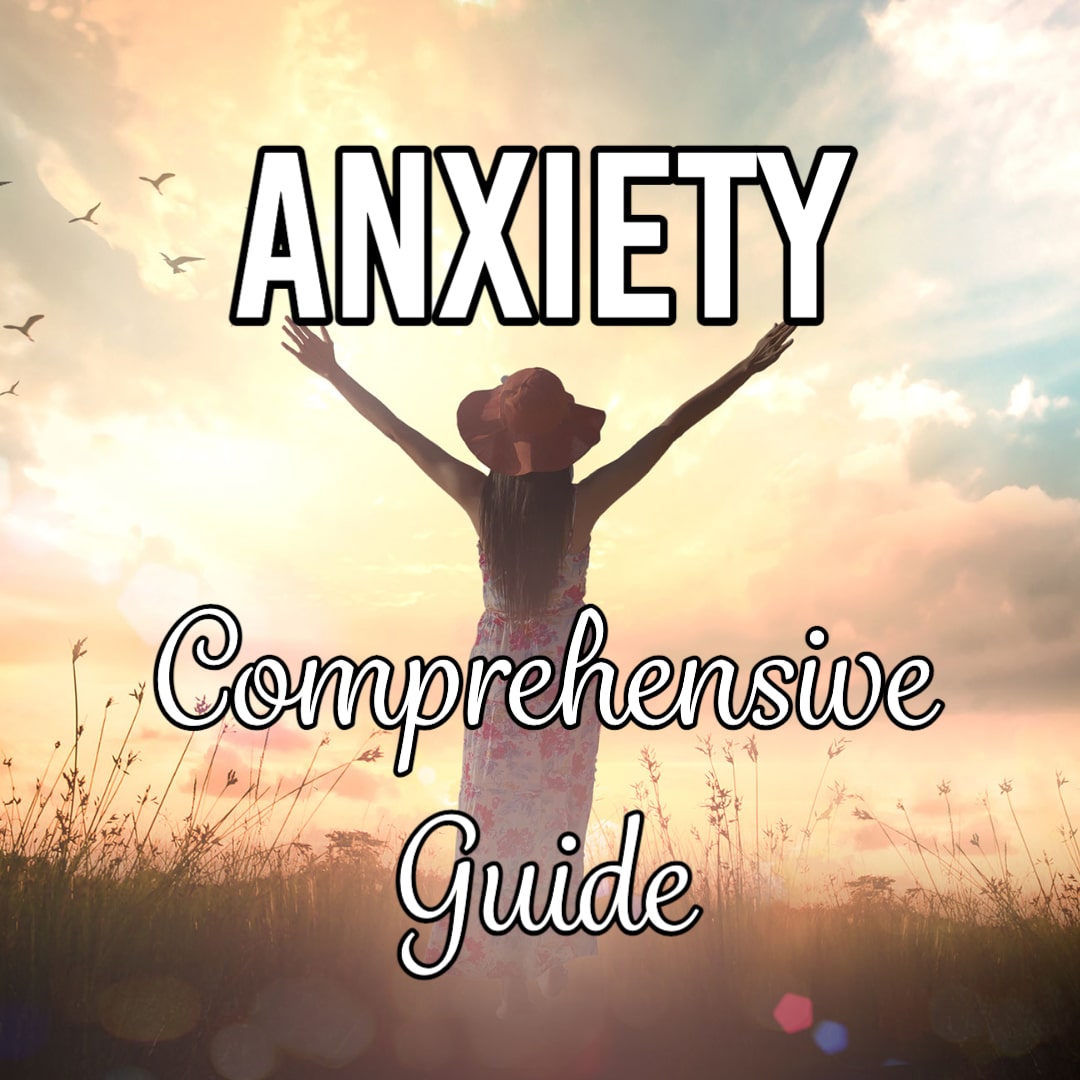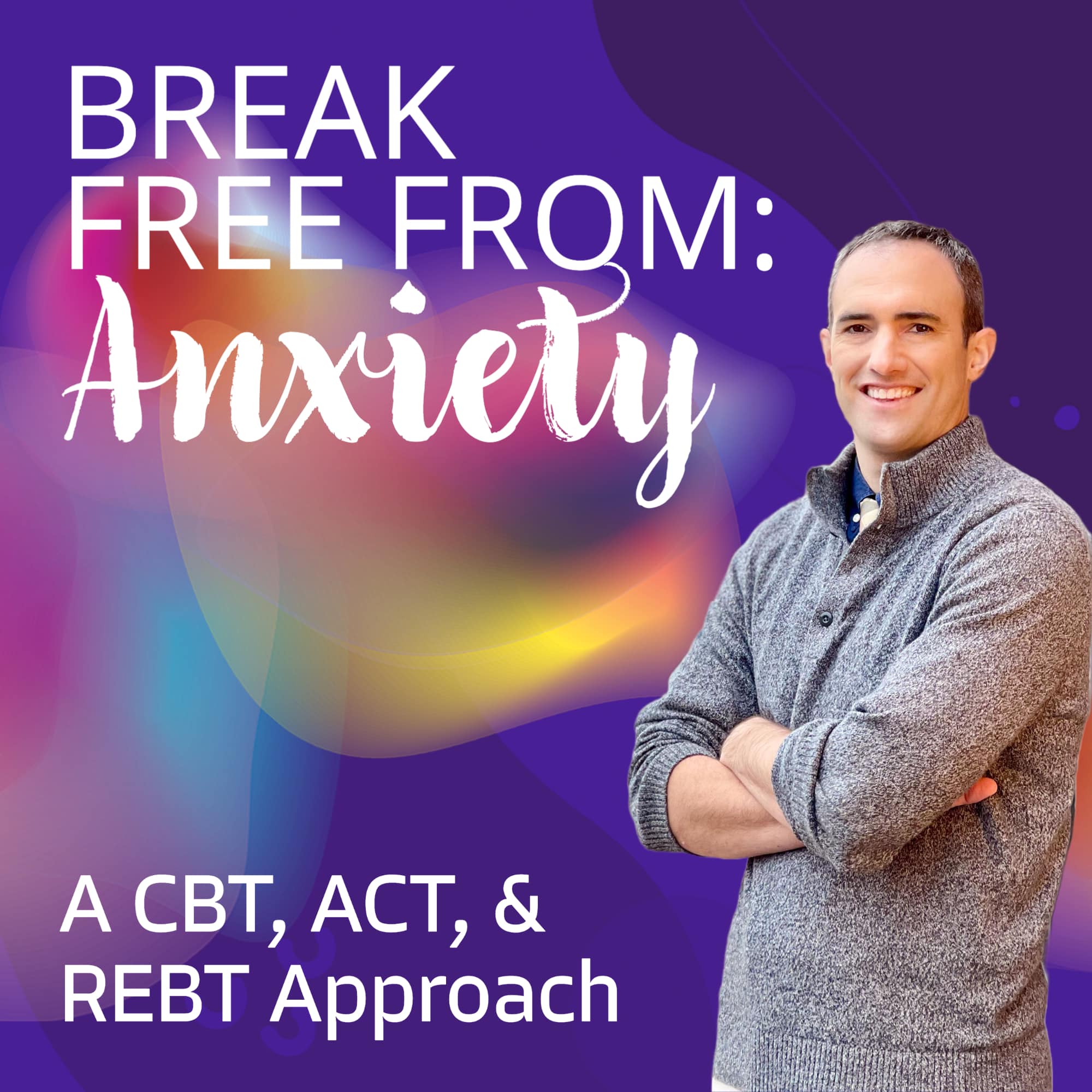With stress levels at an all-time high in healthcare, provider burnout is on the rise. Provider burnout can present itself as disengagement, chronic occupational-related stress, emotional exhaustion, depersonalization, and feelings of hopelessness. In addition, healthcare professionals can suffer from compassion fatigue, or feeling as though they have used up their feelings of empathy. Compassion fatigue can lead to extreme stress and unwanted negative feelings.
Provider burnout can lead to several adverse emotional responses, such as:
- Detachment
- Feelings of indifference
- Anxiety
- Misdirected anger at peers and/or family members
- Guilt
- Feelings of helplessness
- Depression
- Trouble sleeping
- Inability to feel happy
- Chronic anger and cynicism
- Not being able to feel as though you can take time off
- Decreased work performance
- Body aches and pain
- Decreased sense of purpose
- Low self-esteem
- Feelings of doubt
Both provider burnout and compassion fatigue can be caused by similar factors, such as caring for others at your own expense, having trouble knowing how to feel empathy while not becoming burdened by another person’s feelings, putting your own needs aside to care for others, increased demands at work (such as an increased number of patients and longer shifts), and a lack of resources to help yourself and patients.
Provider Burnout and compassion fatigue can be avoided or managed with the proper self-care strategies. There are physical, mental, and emotional coping strategies that can be implemented to help health professionals through the challenges that they face daily during their jobs. Physical coping strategies can include avoiding alcohol and drugs, taking part in relaxing activities such as hobbies, getting enough sleep, eating well-balanced meals, and exercising regularly. Mental coping strategies can involve talking about problem-solving with someone you trust, focusing on positive activities and those who you love, writing out your challenges and finding solutions for them, setting short-term goals, planning something to look forward to, and utilizing time-management to ensure that there are no large periods of time for your mind to aimlessly wander. Emotional coping strategies often rely on a support system of people you trust and can include reaching out to someone to talk about your feelings, offering support for others to gain a bigger picture perspective, writing about your feelings, and taking the time to recognize that all health care professionals are in this together and all deal with similar struggles.
It is vital that healthcare professionals use self-care methods to avoid burnout and compassion fatigue. Finding a healthy way to accomplish the work-life balance is necessary to maintaining mental and physical health. Supporting a healthy balance can involve the following:
- Finding ways to unplug
- Being aware of challenging situations and get help if needed
- Allowing yourself to feel natural emotions and express them
- Leaning on your work support system
- Intentionally balancing work stress with positive time
- Working on finding an emotional balance between feeling empathetic and not taking on the burden of another’s emotions
Utilizing self-care strategies and learning how to navigate work in a healthcare setting can be a challenging but rewarding experience. Taking the time for self-care is necessary to prevent provider burnout and compassion fatigue.
Article written by Mikayla Nielsen. Source
All substance use disorders and addictions are chronic diseases that require proper treatment. Breaking free from addiction requires professional help—help that can be provided at TelepsychHealth. Some of TelepsychHealth’s treatments as part of the Intensive Outpatient Program (IOP) and Partial Hospitalization Program include:
- Art therapy
- Interpersonal therapy
- Mindfulness
- Yoga therapy
- Lifeskills training
- Music therapy
If you are struggling with substance or alcohol use, depression, or anxiety, intensive outpatient may be right for you. Contact us at (888) 730-5220 or contact us to begin the process of healing today!

 Bruce Bassi
Bruce Bassi





